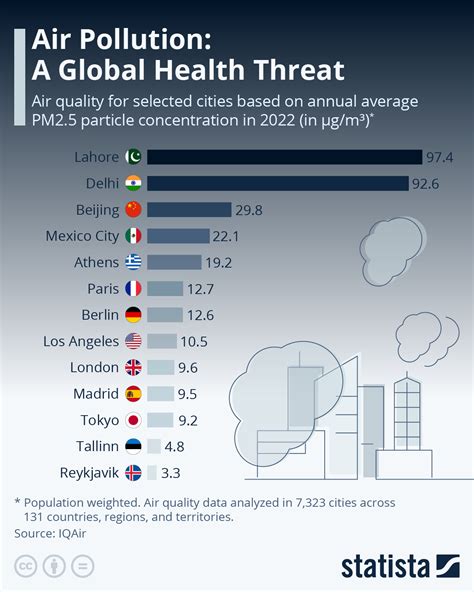Indoor air quality (IAQ) is a growing concern as people spend more time indoors. Poor IAQ can lead to various health problems, including respiratory issues, headaches, and fatigue.

Indoor Air Quality vs. Outdoor Air Quality
Outdoor air quality is typically better than indoor air quality. This is because outdoor air is constantly being circulated by the wind, which helps to remove pollutants. Indoor air, on the other hand, is often stagnant, which allows pollutants to build up.
Sources of Indoor Air Pollution
There are many sources of indoor air pollution, including:
- Building materials: Building materials can release harmful chemicals, such as formaldehyde and benzene.
- Furniture and furnishings: Furniture and furnishings can also release harmful chemicals, such as phthalates and flame retardants.
- Cleaning products: Cleaning products can release harmful chemicals, such as ammonia and chlorine.
- Pesticides: Pesticides can release harmful chemicals, such as DDT and chlordane.
- Tobacco smoke: Tobacco smoke contains harmful chemicals, such as nicotine and tar.
Health Effects of Poor Indoor Air Quality
Poor indoor air quality can lead to various health problems, including:
- Respiratory issues: Poor indoor air quality can cause respiratory problems, such as asthma, bronchitis, and pneumonia.
- Headaches: Poor indoor air quality can cause headaches.
- Fatigue: Poor indoor air quality can cause fatigue.
- Eye irritation: Poor indoor air quality can cause eye irritation.
- Skin irritation: Poor indoor air quality can cause skin irritation.
Benefits of Good Indoor Air Quality
Good indoor air quality can provide many benefits, including:
- Improved health: Good indoor air quality can help to improve health by reducing the risk of respiratory problems, headaches, and fatigue.
- Increased productivity: Good indoor air quality can help to increase productivity by reducing absenteeism and presenteeism.
- Increased comfort: Good indoor air quality can help to increase comfort by reducing eye irritation and skin irritation.
How to Improve Indoor Air Quality
There are many ways to improve indoor air quality, including:
- Ventilating your home: Ventilating your home can help to remove pollutants from the air. You can ventilate your home by opening windows and doors, using fans, or using a ventilation system.
- Using air purifiers: Air purifiers can help to remove pollutants from the air. There are many different types of air purifiers available, so you can choose one that is right for your needs.
- Avoiding smoking indoors: Smoking indoors can release harmful chemicals into the air. If you smoke, please do so outdoors.
- Using low-VOC products: Low-VOC (volatile organic compound) products release fewer harmful chemicals into the air. When you are purchasing new products for your home, look for products that are labeled “low-VOC.”
Indoor Air Quality Trends
The indoor air quality market is growing rapidly as more people become aware of the importance of indoor air quality. According to a report by MarketsandMarkets, the indoor air quality market is expected to grow from $33.8 billion in 2020 to $52.8 billion by 2025.
The Future of Indoor Air Quality
The future of indoor air quality is bright. As more people become aware of the importance of indoor air quality, the demand for indoor air quality products and services will continue to grow.
FAQs
-
What are the most common sources of indoor air pollution?
- The most common sources of indoor air pollution include building materials, furniture and furnishings, cleaning products, pesticides, and tobacco smoke.
-
What are the health effects of poor indoor air quality?
- Poor indoor air quality can lead to various health problems, including respiratory issues, headaches, fatigue, eye irritation, and skin irritation.
-
What are the benefits of good indoor air quality?
- Good indoor air quality can provide many benefits, including improved health, increased productivity, and increased comfort.
-
How can I improve indoor air quality?
- There are many ways to improve indoor air quality, including ventilating your home, using air purifiers, avoiding smoking indoors, and using low-VOC products.
-
What are the trends in the indoor air quality market?
- The indoor air quality market is growing rapidly as more people become aware of the importance of indoor air quality. According to a report by MarketsandMarkets, the indoor air quality market is expected to grow from $33.8 billion in 2020 to $52.8 billion by 2025.
-
What is the future of indoor air quality?
- The future of indoor air quality is bright. As more people become aware of the importance of indoor air quality, the demand for indoor air quality products and services will continue to grow.





















